Question And Answer
Publications
Articles, publications, books, tools and multimedia features from the U.S. Institute of Peace provide the latest news, analysis, research findings, practitioner guides and reports, all related to the conflict zones and issues that are at the center of the Institute’s work to prevent and reduce violent conflict.

Mona Yacoubian on Syria’s Future After Nine Years of Conflict
Idlib is the site of Syria’s largest displacement crisis since the conflict began nine years ago, with nearly one million displaced in the province. As the Assad regime continues to reclaim Idlib, USIP’s Mona Yacoubian looks at the future for Syria, saying “the fact of the matter is that Syrians are terrified to live under Assad’s rule.”
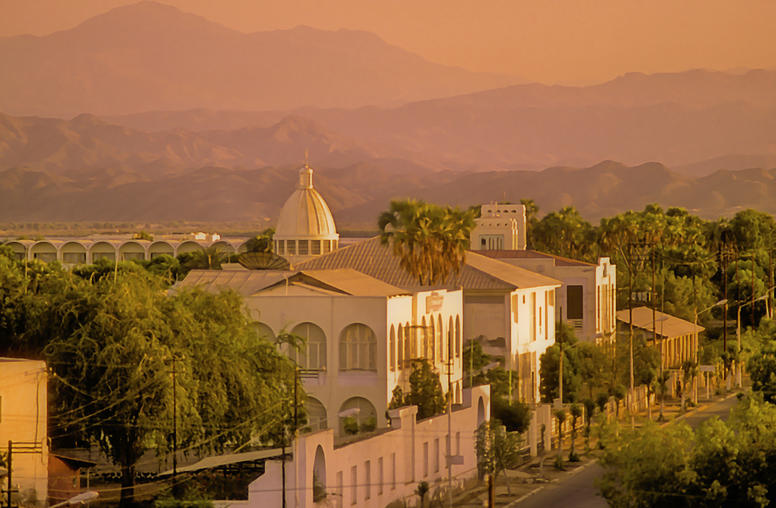
Amid Red Sea Rivalries, Eritrea Plays for Independence
When Eritrea’s president last month hosted the leaders of Ethiopia and Somalia to discuss “regional cooperation,” that initiative drew few global headlines. Still, Eritrea’s move should be noted by policymakers and others working for stability in the Horn of Africa and the Red Sea region. For years, President Isaias Afwerki’s disdain for multilateral forums such as the African Union, and his strained relations with many governments in the region, have contributed to caricatures of Eritrea as the “North Korea of Africa.” But his invitation for two neighbors to discuss a new regional bloc reflects an important factor in Eritrea’s foreign policy: its efforts to preserve its independence in a fast-evolving geopolitical environment.
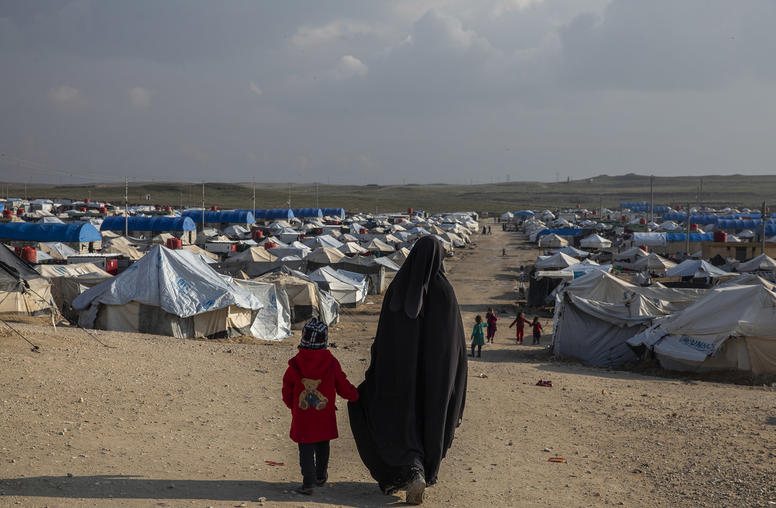
Children Are Neglected Victims of Syria’s War
As the war in Syria enters its tenth year, the conflict’s disproportionate toll on children underscores the generational challenge that lies ahead. An enduring political solution to the conflict remains a distant prospect, but humanitarian interventions to assuage Syrian children’s suffering must be prioritized today. An end to the fighting would be the most impactful development, but in the interim, intensifying efforts to address trauma, diminish early marriage and child labor, and rejuvenate education can help relieve some of the pain and begin to rescue the generation that holds Syria’s future.
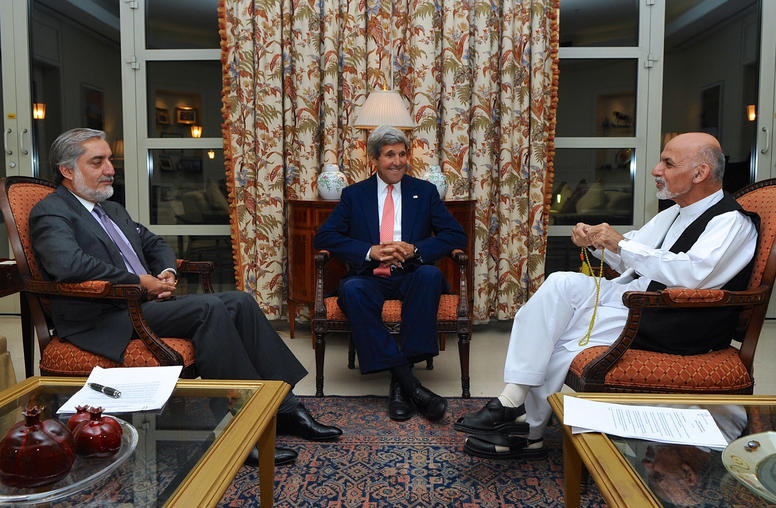
Another Afghan Election Crisis and the Challenge of Power-Sharing
Approximately five and a half months after Afghanistan held nationwide presidential elections in September 2019, incumbent President Ashraf Ghani and runner-up Abdullah Abdullah have held parallel inauguration ceremonies this week, with each side claiming the authority to form the next government. The current political crisis complicates efforts to open up broader power-sharing talks with the Taliban called for under an agreement signed in Doha at the end of February, as President Ghani seeks to consolidate his authority, and Abdullah and his supporters seek to claim a seat at the negotiating table.
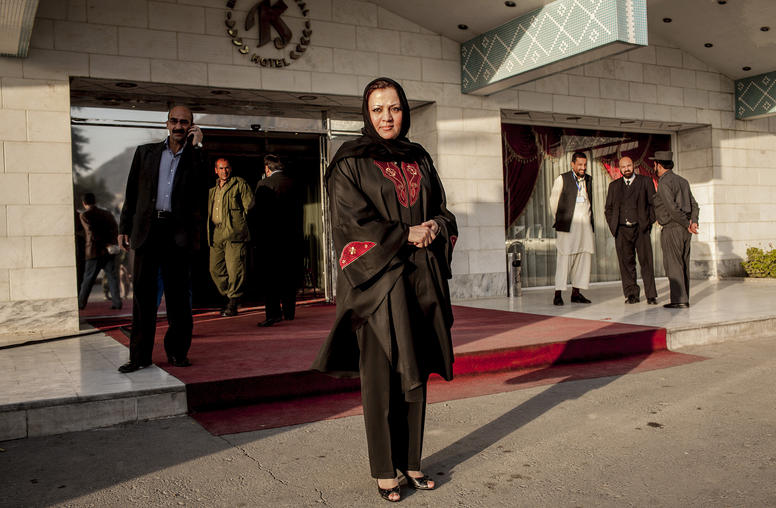
What Women Have Won
Five years ago, as the newly appointed and first woman president of the United States Institute of Peace, I was celebrating International Women’s Day in Kabul with the wonderful Afghan women on our USIP country team. Having first visited Afghanistan in 1997, when the country was in the grip of the Taliban, it was a joyous opportunity to mark nearly two decades of progress with this group of professional women—lawyers, scholars, and program managers.

Belquis Ahmadi on Afghan Women and the Peace Process
Since 2001, Afghan women have assumed larger roles in society—becoming teachers, doctors and government officials. With intra-Afghan talks expected to begin this month, USIP’s Belquis Ahmadi says it’s important the Taliban “accept the reality that today’s Afghanistan is very different from the country they ruled” when it comes to women’s rights.
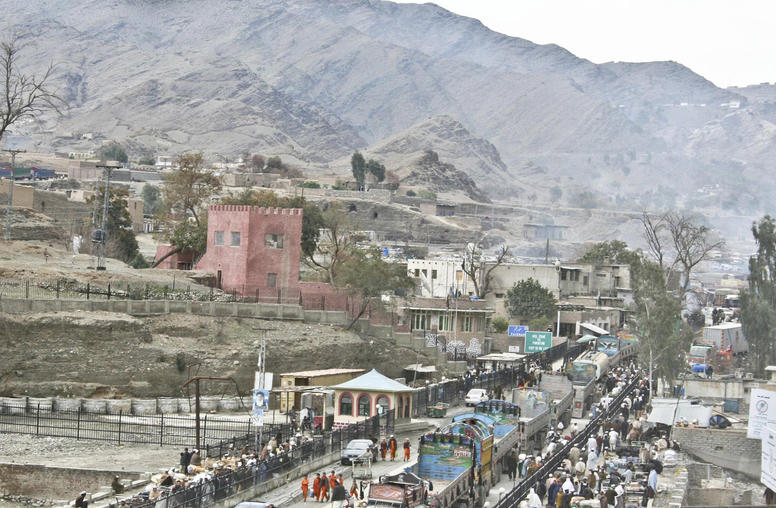
An Essential for Afghan Peace: Funding the Government
A critical ingredient for the current efforts to bring stability and peace in Afghanistan is the Afghan state’s ability to pay for more of its own operations. Despite optimistic new reports from the Afghan government, its actual revenues stagnated last year. With international donors still funding around half of Afghan government expenses, urgent improvements are needed in the way the government collects and measures its revenues. These changes are vital to persuade donors to sustain funding when their current assistance pledges expire in just 10 months—and to help strengthen the government in prospective negotiations with the Taliban.
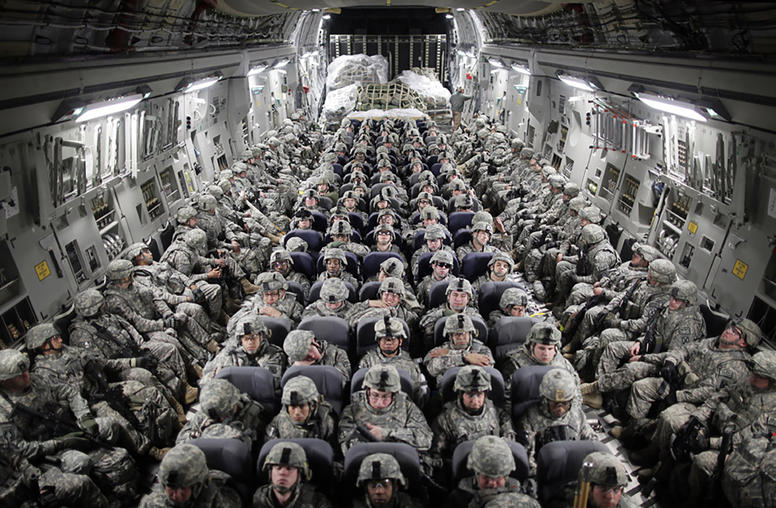
U.S., Taliban Sign Historic Agreement—Now Comes the Hard Part
After more than a year and a half of negotiations, the U.S. and Taliban struck a deal on Saturday that paves a way to end America’s longest war. The agreement was signed following a seven-day reduction of violence (RIV) period. While the RIV was largely upheld, the Taliban on Monday ordered its fighters to resume attacks against the Afghan army and police forces. Taliban spokesman Zabihullah Mujahid said that the insurgent group would not attack foreign forces, as stipulated in the U.S.-Taliban agreement. With the complicated intra-Afghan phase set to begin on March 10, the resumption of violence shows how fragile the peace process remains.
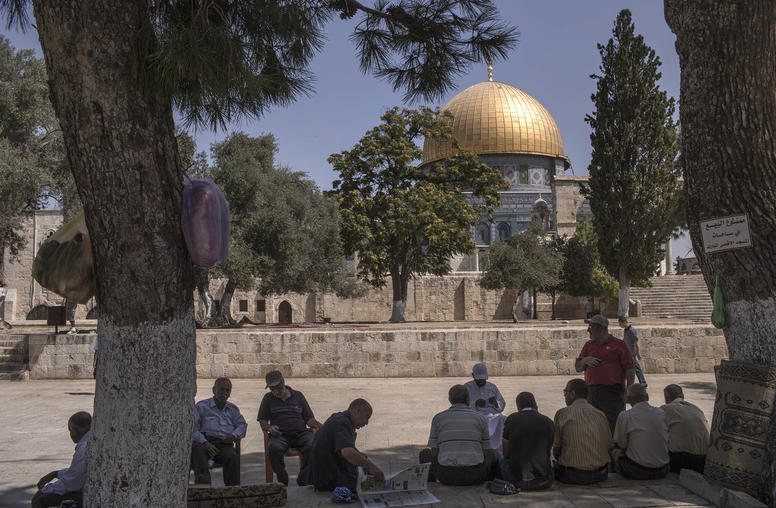
The Long View on Trump’s Israeli-Palestinian Vision
The Trump administration’s vision for addressing the Israeli-Palestinian conflict has provoked diverse reactions from the parties and the international community, leaving opponents and supporters continuing to analyze the initiative and chart their next immediate moves. But taking the long view, some implications of the plan can be glimpsed on the horizon.
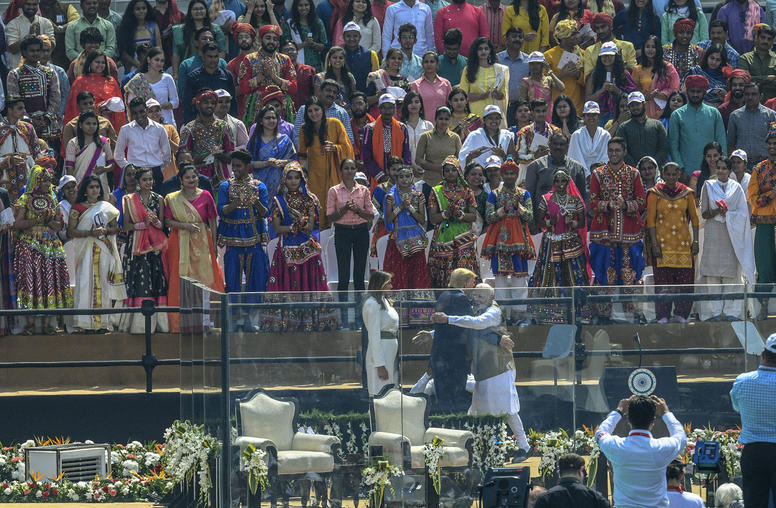
Four Things to Know About President Trump’s Trip to India
President Trump’s recent trip to India yielded no progress on a bilateral trade agreement, one of the main issues both leaders hoped to address. Despite the trade impasse, both President Trump and Indian Prime Minister Narenda Modi used the two-day trip to reinforce the positive relationship between the U.S. and India, as official discussions finalized several defense and energy deals. USIP’s Vikram Singh looks at the state of trade talks, the possibility of U.S. mediation in Kashmir, India’s regional stance on the Afghan peace process, and how China’s growing global influence impacts U.S.-India relations.